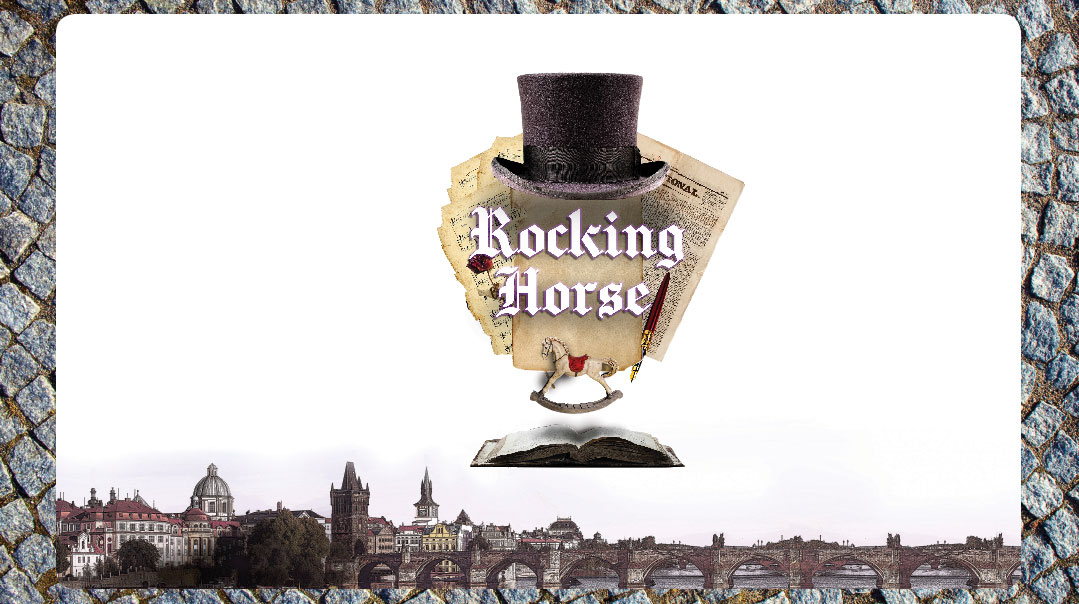Rocking Horse: Chapter 52

Should she be angry at the world? Outraged? Wanting more, wanting less. Where was goodness, if there was indeed such a thing? If not, then why did she care so much about it?

"Raizel, dear?”
The girl sits on her bed, playing with her hands like she is an infant.
“Come with me. I have something to show you.”
Raizel follows Hannah downstairs and follows her prompt to sit down at the Shabbos table.
Hannah hands the girl a small linen tablecloth — not large enough to be unwieldy but sufficiently large for a small table. She lays out a rainbow of embroidery cotton, an embroidery needle, and a small wooden hoop. She takes a sharp pencil and hesitates.
Flowers? An orange tree? She looks at Raizel. What would she, Hannah, have wanted to embroider? She brings pencil to linen and sketches a bunch of grapes, a wine goblet, and a challah. Then she hands it to Raizel.
The girl looks up at her with large blue eyes that have still not rid themselves of fear. It gives her a wrench inside each time she sees it. Do not be afraid, Hannah silently implores her. “Have you ever tried this before?” she asks. “Embroidery?”
The girl shakes her head, no.
Of course not. Embroidery is for people who have spare hours, time that does not have to be translated into coins. For people with money for extra linen, who can make a trip to a town and buy colored thread, thread that cannot be eaten or even worn.
“Here.” She selects a purple thread, wets it between her lips, and threads it through the needle. Purple grapes. She shows the girl how to form the stitches: back to front, across to the right, down and out the back of the linen. Raizel stares. Hannah makes five stitches and then hands it to Raizel.
Raizel blinks, and then bends over the tablecloth, hurriedly embroidering each grape, throwing looks to Hannah, silently requesting her approval.
“Beautiful, Raizel. But you can slow down. It is a peaceful occupation, embroidery, and you can do it in a peaceful manner.”
She wants to say, welcome, girl, to our home, where we have the time not only to draw water and bake bread. It is a place of surplus.
How did she end up this way? Not taking every inch of linen and calculating its best use? Not taking every ounce of strength and appropriating it according to the many tasks: if she cleans out the henhouse, she will not be able to haul the linens into the boiling pot to wash them, not unless she has an extra portion of bread or an egg for her midday meal, and there likely will be none to spare.
How Ernst has gently removed her from that life, and cushioned their days, so she has surplus — surplus time and strength and even a surplus of kindness, without that desperation that makes a person think only of herself.
Oops! We could not locate your form.


